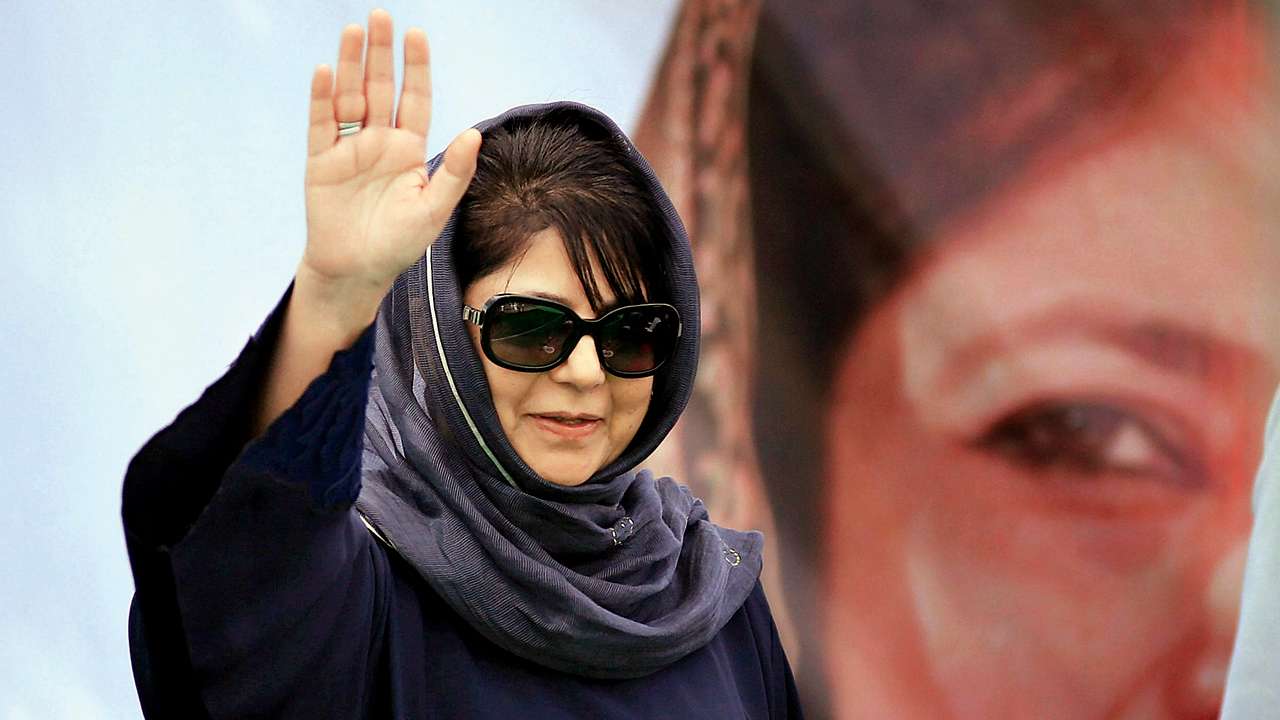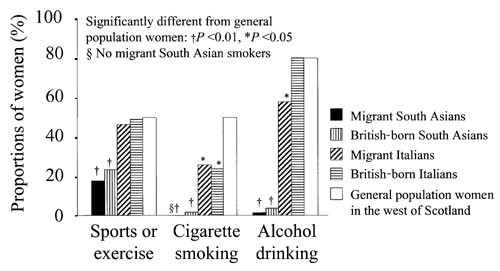
- Select a language for the TTS:
- UK English Female
- UK English Male
- US English Female
- US English Male
- Australian Female
- Australian Male
- Language selected: (auto detect) - EN
Play all audios:
Cuba was booted out of the Organization of American States in 1962 over Fidel Castro’s embrace of Marxism-Leninism and his alignment with the Soviet Union. Today, as OAS foreign ministers
meet in Honduras for their annual assembly, two countries are opposed to the island’s return to the regional organization: the United States and, apparently, Cuba itself. The United States
is the only country in the Western Hemisphere that has not restored full diplomatic relations with Cuba, and the Obama administration argues that Cuba should not be allowed to reenter the
34-member OAS before taking steps toward democratization. To do so, the administration says, would be to violate the organization’s own charter obligating it to promote and defend democracy.
Cuba counters that it doesn’t want to join, even if allowed, because the Washington-based OAS caters to a U.S. agenda. But the rest of Latin America says it is time to end Cuba’s isolation
and rebuild hemispheric unity. The region’s predominantly left-of-center governments also clearly see this as an opportunity to demonstrate their independence from the United States and to
hold President Obama to his word to act in consultation with his allies. Cuba’s readmission to the OAS is overdue, its absence more a Cold War relic than a statement of modern diplomacy. But
a short delay may be useful if it allows the Obama administration and Cuban President Raul Castro’s government more time to tend to the bilateral relationship first. Already in the five
months since Obama took office, the administration has relaxed travel restrictions on Cuban Americans and limits on remittances to Cuba. The two governments have agreed to resume
negotiations over mail service and migration rules that broke down in 2003. Cuba said it would consider helping the United States fight terrorism and drug trafficking, as well as working
together on hurricane disasters. Those are encouraging developments and may foreshadow further progress. That’s essential because Cuba remains an outlier nation. It is the only country in
the hemisphere whose leaders are unelected. It has quashed freedom of expression and political dissent, and jailed its opponents -- human rights abuses that cannot be ignored in the pursuit
of normal diplomatic relations. But exclusion from the OAS has not brought relief from those miseries. Engagement, not isolation, will bring change to Cuba. We want to see the U.S. trade
embargo lifted so that more U.S. businesses and goods may make their way to Cuba. All Americans should be allowed to travel to the island, to engage with Cubans and exchange ideas. And the
multilateral OAS, with Cuba as a member, can serve as an instrument to nudge the country toward democracy. MORE TO READ







